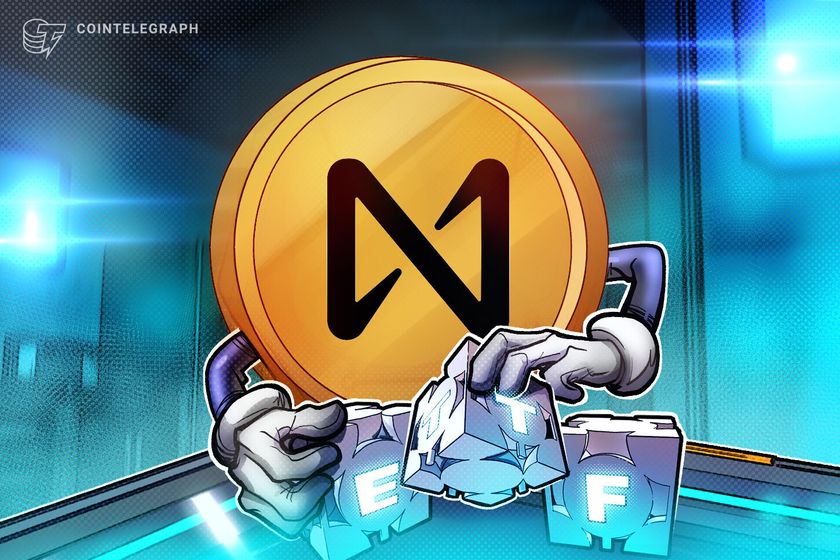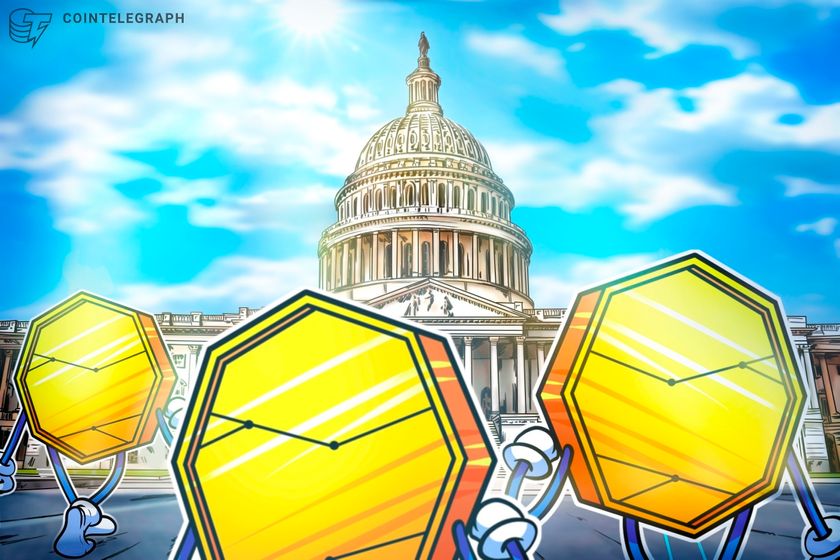Digital asset manager Bitwise has filed to list a spot Near exchange-traded fund with the US Securities and Exchange Commission, adding to a growing list of altcoins currently vying to win regulatory approval.The Bitwise Near (NEAR) ETF will track the price movements of the NEAR token, minus expenses, through a traditional brokerage, Bitwise’s May 6 registration statement shows.Bitwise named Coinbase Custody as the proposed custodian of the Bitwise NEAR ETF. The management fee, ticker and stock exchange it seeks to list on weren’t named yet. Source: CointelegraphBitwise must also file a 19b-4 filing with the SEC to kickstart the regulator’s approval process for the fund. The crypto native asset manager indicated it would make such a filing when it registered a trust linked to the NEAR ETF in Delaware on April 28.NEAR joins a pile of spot crypto ETFs on the SEC’s deskThe SEC now has at least a dozen spot crypto ETFs to review in 2025, including applications for Litecoin (LTC), Dogecoin (DOGE), Solana (SOL), XRP (XRP), Cardano (ADA), Hedera (HBAR), Polkadot (DOT), Chainlink (LINK), Avalanche (AVAX), Aptos (APT) and Sui (SUI).Bitwise already has applications out for a spot DOGE, SOL, and XRP ETFs, and also has an approved spot Bitcoin (BTC) and Ether (ETH) ETF, which are listed on the NYSE Arca and have attracted a combined $2.35 billion in net inflows since launching last year.NEAR — the token powering the layer-1 Near blockchain — is the 44th largest cryptocurrency by market cap at $2.73 billion, CoinGecko data shows.The Near blockchain was once touted as an Ethereum killer and is considered by its proponents as a solution to the “blockchain trilemma” — the challenge of achieving all three critical aspects of blockchain performance: security, scalability and decentralization.Related: Ethereum’s era of crypto dominance is over — LONGITUDE panelThrough Nightshade sharding, Near can process up to 100,000 transactions per second and is secured by 265 active validators, Nearblocks.io data shows.Source: Justin BonsThe Near ecosystem shifted from decentralized finance to AI infrastructure in 2024, unveiling plans to build the world’s largest open-source large language model.Magazine: 12 minutes of nail-biting tension when Ethereum’s Pectra fork goes live










